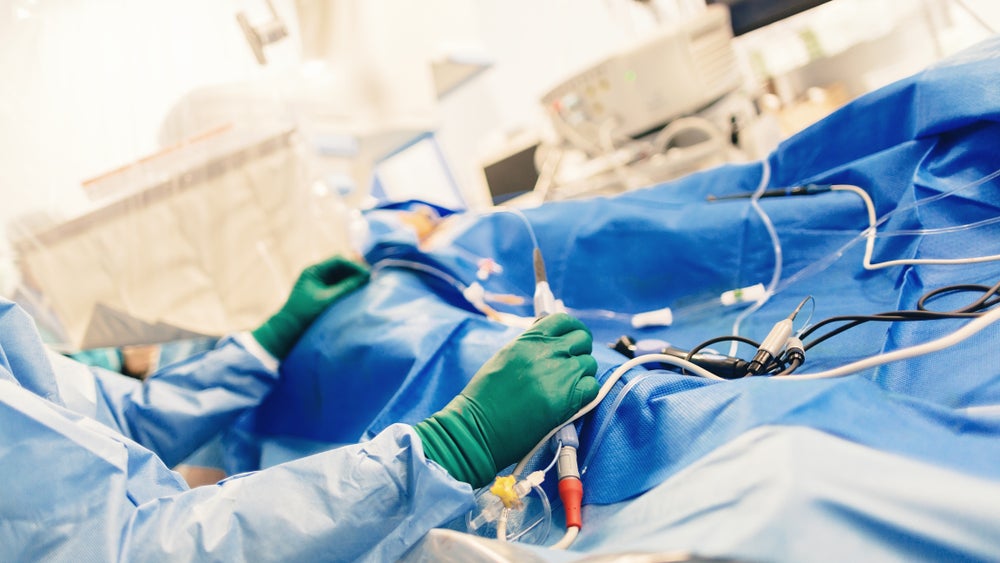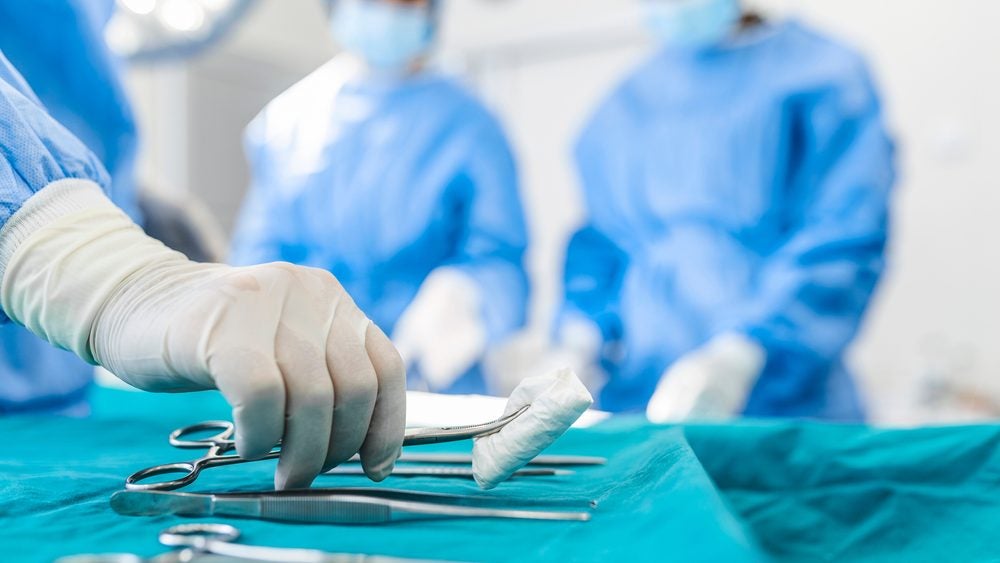
Surgeons at the Southampton General Hospital have carried out a new knee operation that could prevent the development of arthritis.
During the operation, surgeons used a ‘new’ knee cartilage from stem cells in hip with special glue, to apply as coating on the damaged cartilage.
Cartilage is a tough, flexible tissue that covers the surface of joints and allows bones to slide over one another that helps in reducing friction as well as acts as a shock absorber.
The 30-minute procedure is called as ABICUS (‘Autologous Bone Marrow Implantation of Cells University Hospital Southampton’) and if successful, the technique will regenerate the remaining tissue and create a permanent, ‘like-for-like’ replacement for the first time.
Damage to knee tissue is common and occurs usually following twists or direct blows, such as falls playing football or rugby, and in the UK around 10,000 people suffer serious cartilage damage every year.
Currently, microfracture surgery is the most common procedure used to repair cartilage injuries, which includes trimming damaged tissue and drilling holes in the bone beneath the defect via keyhole surgery to create substitute scar tissue.
How well do you really know your competitors?
Access the most comprehensive Company Profiles on the market, powered by GlobalData. Save hours of research. Gain competitive edge.

Thank you!
Your download email will arrive shortly
Not ready to buy yet? Download a free sample
We are confident about the unique quality of our Company Profiles. However, we want you to make the most beneficial decision for your business, so we offer a free sample that you can download by submitting the below form
By GlobalDataAccording to the studies carried out in US, the technique only gives a short-term benefit for around 24 months, and does not lead to the formation of new cartilage.
In the ABICUS operation, cartilage is cut and tidied and undergo microfracture, but the patients cartilage tissue is then coated with a substance made from bone marrow cells, platelet gel and hyaluronic acid.
During the operation, the bone marrow sample is spun in a centrifuge in the operating theatre to give a concentrated amount of the patient’s own stem cells.
Southampton General Hospital consultant orthopaedic surgeon and the study’s principal investigator Gorav Datta said: "The development of this technique and the study we are conducting could revolutionise the treatment of common cartilage injury by creating a like-for-like, identical cartilage replacement for the first time.
"So far, treatments developed to combat the long-term problems associated with cartilage damage have had varied outcomes, resulting in knee pain for many people in older age and shortened careers for many amateur and professional sports players.
"At present, although the removal of damaged cartilage and microfracture surgery can provide a short-term solution, the chances, particularly for sports players, of developing arthritis in later life or requiring ongoing treatment remain high."
Around 40 patients aged between 18 and 65 years will participate in the study under which half will undergo ABICUS and half microfracture alone.
Image: The new knee operation is currently being trialled at Southampton General Hospital. Photo: courtesy of University Hospital Southampton NHS Foundation Trust.







